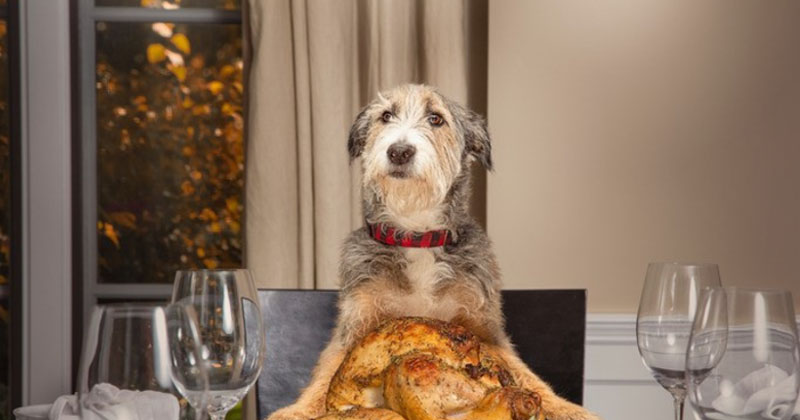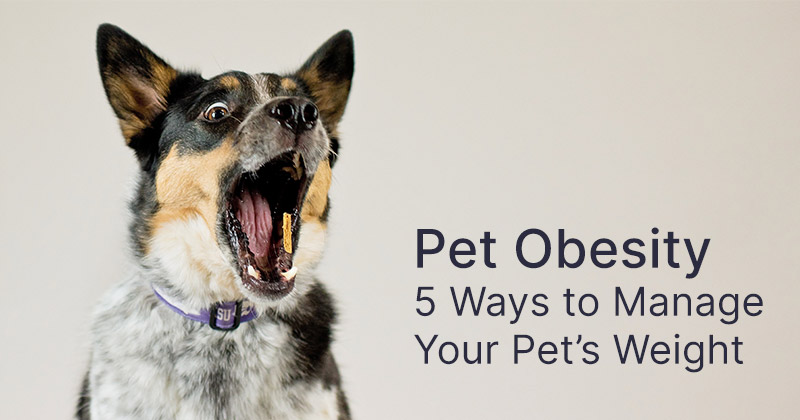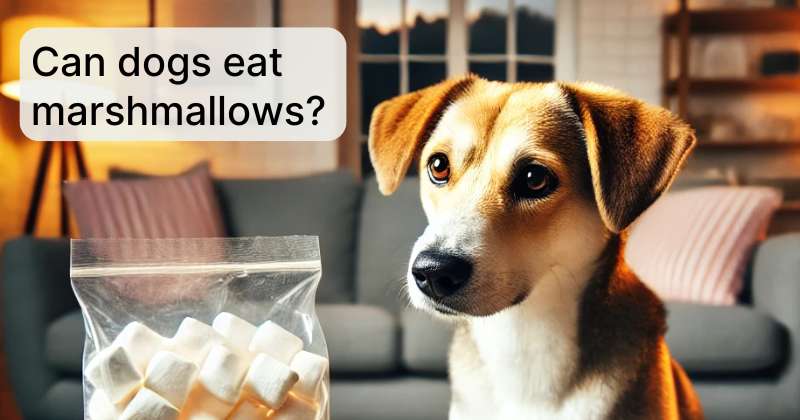
Thanksgiving is a time for gathering with family, sharing meals, and enjoying the holiday spirit. As we indulge in our favorite dishes, remember, not all Thanksgiving foods are safe for dogs and you should avoid sharing your meal with your dog. In fact, some can cause serious health issues. At Coventry Veterinary Clinic in Elkhorn, NE, we’re here to help you navigate which Thanksgiving foods your dog can enjoy and which to avoid. If you have any concerns about your dog’s diet during the holiday season, give us a call at (402) 819-2478 or request an appointment.
While the list of foods your dog should avoid is long, there are a few traditional Thanksgiving items that can be enjoyed by your pet in moderation. These safe foods can make your dog feel like part of the celebration without risking their health.
Luckily, turkey is safe for dogs as long as it’s cooked and plain. Remove the skin and bones before giving your dog any turkey. The skin is high in fat, which can upset your dog’s stomach, while bones pose a choking hazard or risk causing internal damage.
Plain sweet potatoes are rich in fiber and vitamins, making them a healthy treat for dogs. However, avoid sweet potato casseroles or dishes prepared with butter, sugar, or marshmallows, as these ingredients can lead to digestive issues.
Green beans are low in calories and rich in vitamins, making them a great addition to your dog’s Thanksgiving plate. However, avoid green beans cooked with butter, seasonings, or casseroles with added ingredients like onions or garlic, as these can be harmful.
Plain, canned pumpkin or cooked pumpkin (without spices or sugar) is safe and nutritious for your canine. Many pet owners use pumpkin year-round to help with digestion, and a small amount on Thanksgiving can be a nice treat for your pet.
If you’re slicing apples for pie or snacking, feel free to share a few slices with your dog. Apples are a great source of vitamins and fiber. Just make sure the apple is raw and doesn’t contain seeds, which can be toxic to dogs.
Not every delicious Thanksgiving dish is safe for your dog. In fact, some common holiday foods can lead to serious health issues if consumed. Keep these dangerous foods out of your dog’s reach to ensure their safety during the holiday.
Despite our best efforts, dogs are known for sneaking food when we’re not looking. If your dog manages to eat something from the “can’t eat” list, here are a few steps to take if your dog eats something they shouldn’t.
After your dog eats an unsafe food, watch them closely for signs of distress. Symptoms to watch for include vomiting, diarrhea, lethargy, and difficulty breathing. If your dog exhibits any of these symptoms, contact Coventry Veterinary Clinic at (402) 819-2478 immediately.
If you’re unsure whether a food is harmful or your dog is showing signs of illness, it’s best to call Coventry Veterinary Clinic to speak with a veterinarian who can advise you on the next steps. In some cases, bringing your dog in for a check-up may be necessary to ensure their health.
It can be tempting to try to make your dog vomit after they’ve eaten something dangerous, but this isn’t always the best course of action. In some cases, inducing vomiting can make the situation worse. Always contact your veterinarian before taking any steps to induce vomiting, and let them guide you on how to handle the situation.
Thanksgiving is a special time, and it’s understandable to want your dog to be part of the celebration. Fortunately, there are ways to safely include them in the holiday without putting their health at risk.
Your dog should certainly be part of the fun for Thanksgiving this year, but you’ll want to do so in a way that keeps their health and safety in mind. Now that you know which foods are safe and which are harmful, you can keep them healthy throughout the holiday season. If you have any questions or concerns about Thanksgiving foods your dog can and can't eat, contact Coventry Veterinary Clinic. Our team is here to help you provide the best care for your dog during the holiday season. Call us at (402) 819-2478 or request an appointment today to ensure your pet enjoys a safe and happy Thanksgiving!
Closed daily from 12:30-1:30pm;
Wednesdays from 12:30-2:30pm

